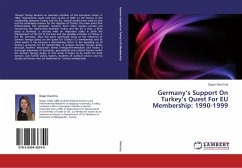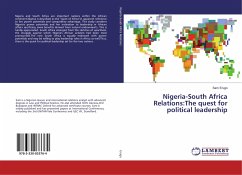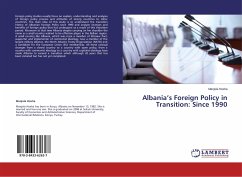Though Turkey became an associate member of the European Union in 1963, negotiations could only start as late as 2005. In the history of the relationship between Turkey and the EU, several studies have tried to find out the underlying reasons for the rejection of Turkey. The main point that differentiates this particular research from other studies carried out concerning the relationship between Turkey and the EU is that, a third party is involved; a country with an important stake in both the enlargement of the EU to the East and the possible inclusion of Turkey in the EU, Germany. Thus this book specifically looks at the influence of German foreign policy on the quest for Turkey s EU membership and to what extent it has become a determining factor in the speeding up of Turkey s prospects for EU membership. It analyses German foreign policy through Andrew Moravcsik's liberal intergovernmentalism and makes a thorough assesment of economic, geo-political and cultural factors within the German foreign policy. In that sense it hopes to be useful for both German and Turkish policy makers, students of political science and EU studies and those who are dedicated to Turkey's membership
Bitte wählen Sie Ihr Anliegen aus.
Rechnungen
Retourenschein anfordern
Bestellstatus
Storno








